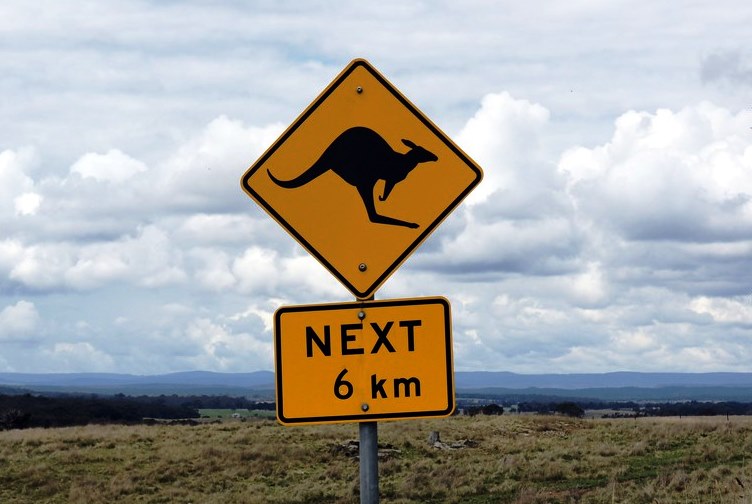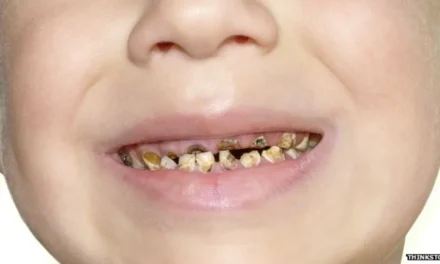Data from Wildlife Victoria shows that the number of animals injured or killed in road accidents has surged in the last four years.
Rural Victorian drivers and visitors are urged to be mindful of this fact, particularly during this Easter holiday period especially with young inexperienced drivers and visitors to regional Victoria who are not used to rural driving.
Wildlife Victoria data revealed 10,643 native animals were reported to be hit by a vehicle on the state’s roads during the 2022-2023 financial year, an increase of 15 per cent from the previous year. The total number of wildlife hit by vehicles is likely to be much higher, as many incidents are not
registered.
passengers Insurance claims data from the RACV reveals just how prevalent the problem is, with over six thousand RACV collision claims involving native animals last year in Victoria. In addition to the wildlife toll, injuries and even deaths of drivers and are not uncommon after wildlife collisions.
This rise in numbers of animals hit by vehicles is a reminder for drivers to know what to do to prevent incidents or if an accident occurs. The knowledge can help minimise heart breaking injuries to both road users and wildlife.
The RACV says while driving on rural roads there are a number of things drivers can do:
- Look out for wildlife and drive at a safe speed that reduces your chance of hitting an animal. If you do spot an animal on the road while driving, slow down and prepare to brake safely. Avoid swerving as this could cause danger to yourself and other road users.
- Avoid driving at dusk and dawn. This is when many native species are most active. If you do have to drive at this time, ensure you actively look ahead, reduce speed and use high beams in poor visibility – however ensure you dim them if you see a car approaching.
- If you do hit wildlife, safely park your vehicle off the road, turn on your hazards and check that you and your passengers are unharmed before checking on the animal. If anyone is injured, call 000.
- Approach an injured animal with great caution as an injured animal will be frightened and may turn on you. Do not try to move the animal off the road unless you are sure it is deceased or small enough to move safely. Keep children in your car.
- Call Wildlife Victoria on 03 8400 7300 to report the incident. Their Emergency Response Service will provide free advice and assistance, 24/7. Keep the Wildlife Victoria phone number in your phone to report sick, injured or orphaned wildlife you may come across. (Animals that have already been checked for young survivors in a pouch will have a large red cross on the carcass).
This article is based on a media release from the RACV.
Related stories:
Avoid Driving When Fatigued This Easter Weekend











